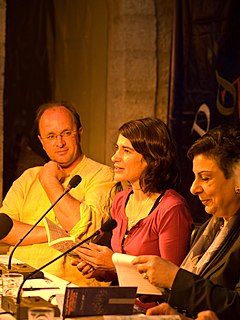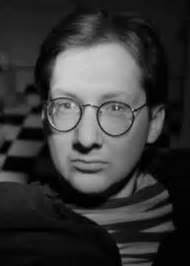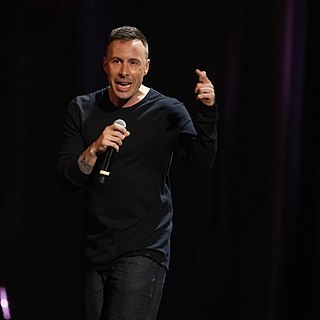A Quote by Len Wein
What makes a story is how well it manages to connect with the reader, the visceral effect it has.
Related Quotes
The analytical writer observes the reader as he is; accordingly, he makes his calculation, sets his machine to make the appropriate effect on him. The synthetic writer constructs and creates his own reader; he does not imagine him as resting and dead, but lively and advancing toward him. He makes that which he had invented gradually take shape before the reader's eyes, or he tempts him to do the inventing for himself. He does not want to make a particular effect on him, but rather enters into a solemn relationship of innermost symphilosophy or sympoetry.
One of the ways in which writers most show their inventiveness is in the things they tell us about how they write. Generally speaking, I don't like to make a plan before I've written a story. I find it kills the story - deadens it, makes it uninteresting. Unless I'm surprised by something in a story, the reader's not going to be surprised either.
Apple made tools that helped people express their creativity and Steve Jobs knew that so he told that story well. But Facebook makes tools that help people connect and Mark Zuckerberg is hardly a story-teller. Nevertheless, he's become a leader because his products do such a good job of solving a problem.
We know story collections end when they end, as well - the pages serving as a countdown - but nevertheless the standard story anthology hews closer to what makes being human so hard: it reminds you with each story how quickly everything we are, everything we call our lives can change, can be upended, can disappear. Never to return.


































